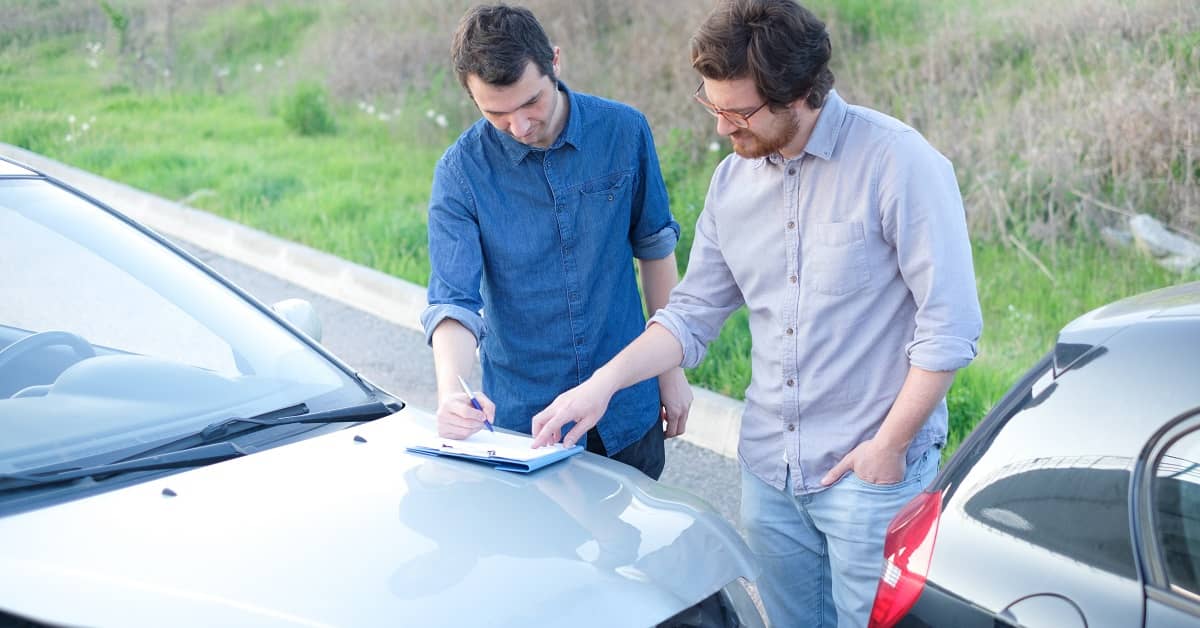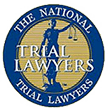
After a car accident, you need information in order to protect your legal rights. Recovering just compensation is not easy, and there is a lot you will need to know as you move forward with your claim.
In addition to information about the cause of the accident, you will need information documenting the extent of your injuries. You will also need information documenting your accident-related losses.
Were you injured in a car accident in New York? If so, here are 10 key pieces of information you will need in order to recover the compensation you deserve:
In accident cases involving serious injuries, recovering your losses involves filing a claim under the other driver’s auto insurance policy. While New York has a “no fault” insurance law, you can still file a fault-based insurance claim in appropriate cases.
Specifically, you can file a fault-based insurance claim if the other driver was at fault and you suffered a “serious injury” as defined by Section 5102(d) of the New York Insurance Law. “Serious injuries” include (but are not limited to):
If you have grounds to pursue a fault-based insurance claim, you will need the other driver’s insurance information. If you did not collect it at the scene of the accident, your attorney may be able to collect it for you.
In addition to filing a fault-based claim under the other driver’s auto insurance policy, you may be able to file other claims as well – depending on the circumstances involved in the collision. As a result, it is important to have as much information as possible about any other factors (i.e., dangerous road conditions or a faulty traffic light) involved in your crash.
The police report should have the other driver’s vehicle and insurance information. It should also contain information about the responding officer’s assessment of the circumstances involved in your crash. To obtain a copy of the police report, you or your lawyer will need to file a request with the local precinct.
If any eyewitnesses stopped at the scene of your accident, these individuals may be able to provide sworn statements or testimony in support of your claim for compensation. If you were able to obtain contact information from any eyewitnesses, you should be sure to give it to your attorney.
After a car accident, vehicle inspection reports can provide insight into crucial details about the collision. From the force and location of impact to whether any vehicle defects played a role in causing the crash, it will be important for you to have as much information about each vehicle as possible.
Distracted driving is a leading cause of car accidents. If the other driver was operating a vehicle for work at the time of the accident, his or her employer could also be liable for your injuries. As a result, phone and employment records are often key sources of information after car accidents.
When seeking compensation for a car accident – whether through a no-fault or a fault-based claim – you need to have documentation of your medical diagnosis. Your medical records should suffice, but you will need to ensure that your medical records contain all of the necessary information to support your claim for damages.
In addition to knowing your diagnosis, you need to know your prognosis and treatment needs as well. This information will be crucial to calculating the long-term economic and non-economic costs of your injuries.
Along with potentially obtaining the other driver’s employment records, you will need copies of your own employment records as well. Regardless of which type of claim you have (no-fault or fault-based), you can seek to recover at least a portion of your lost income.
In addition to calculating your medical expenses and lost income, you will need to accurately calculate your other accident-related losses as well. This includes other financial losses (i.e., prescription and transportation costs) and non-financial losses (i.e., pain and suffering) resulting from your car accident.
Importantly, while you need all of this information (if it is available), you will not be able to obtain all of this information on your own. You will need to hire a lawyer to conduct an investigation, and you should do so promptly before any critical evidence disappears.
For more than 30 years, Dreyer Boyajian LLP has been serving clients in car accident claims. Our lawyers know how to investigate claims on behalf of our clients, gathering crucial information and pursuing full compensation for their injuries and damages.
For a free case review, please call Dreyer Boyajian LLP at (518) 463-7784 today. Our car accident lawyers serve clients in Albany, Troy, Schenectady, Saratoga Springs, and other areas of New York.











